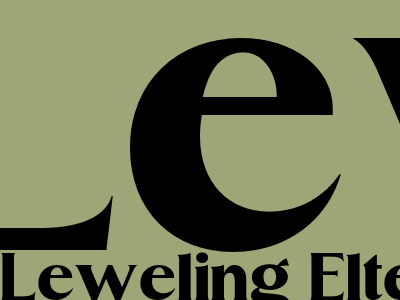A Comprehensive Guide to SEO for Bloggers
Master the Art of Search Engine Optimization
As a blogger, optimizing your content for search engines is crucial to reach a wider audience and establish your brand as an authority in your niche. SEO involves a multifaceted approach that considers both technical aspects and quality content. In this in-depth guide, we will explore every aspect of SEO to help you achieve top rankings and drive organic traffic to your blog.
Understanding Google and Blogger.com Policies
Before diving into SEO techniques, it's essential to familiarize yourself with the policies set by Google and Blogger.com. Adhering to these guidelines ensures that your content complies with search engine standards and avoids penalties. * **Google's Webmaster Guidelines** provide comprehensive recommendations for optimizing websites for search engines. * **Blogger.com's Content Policies** outline the acceptable content types and prohibit activities such as spam and keyword stuffing.
On-Page Optimization Techniques
On-page optimization focuses on optimizing individual web pages to improve their relevance and authority. Key elements to consider include: * **Keyword Research:** Identify relevant keywords that potential readers are searching for and incorporate them naturally into page titles, meta descriptions, and content. * **Content Quality:** Craft high-quality, informative, and engaging content that provides value to readers. Ensure your content is well-written, structured, and free of errors. * **URL Structure:** Use descriptive and concise URLs that include the target keyword. Avoid dynamic URLs or excessive parameters. * **Header Tags:** Use H1, H2, and H3 tags to organize your content, ensuring that the primary keyword appears in the H1 tag. * **Image Optimization:** Add alt tags to images that describe their content and include relevant keywords. Compress images to reduce page load time. * **Internal Linking:** Link to other relevant pages within your blog to enhance navigation and distribute link equity.
Off-Page Optimization Strategies
Off-page optimization encompasses activities outside of your website to improve its credibility and ranking. Key strategies include: * **Backlink Acquisition:** Secure backlinks from reputable websites in your niche. Quality backlinks act as votes of confidence to Google and enhance your domain authority. * **Social Media Engagement:** Build a strong social media presence and engage with your followers by sharing valuable content. Social signals can indirectly impact search rankings. * **Local SEO for Bloggers:** If your blog is locally focused, optimize for local search by claiming your Google Business Profile, building citations, and participating in community events.
Technical SEO Best Practices
Technical SEO ensures that your website meets Google's technical requirements and provides a positive user experience. Key aspects to consider include: * **Site Speed:** Optimize your website for fast loading times by optimizing images, minifying code, and leveraging caching techniques. * **Mobile Optimization:** Ensure your website is mobile-friendly by using responsive design and avoiding elements that hinder mobile usability. * **XML Sitemap:** Create an XML sitemap that lists all important pages on your website to aid Google in indexing them effectively. * **Robots.txt File:** Use the robots.txt file to control how search engines crawl and index your website, preventing access to sensitive or duplicate content.
Content Promotion and Social Media Outreach
Once you have optimized your blog, actively promote your content on social media and other platforms. Key strategies include: * **Guest Blogging:** Publish guest posts on high-traffic websites in your niche to gain exposure and acquire backlinks. * **Social Media Engagement:** Share your content on social media platforms and interact with your followers to build relationships. * **Email Marketing:** Use email marketing to nurture your audience and promote your latest blog posts.

Leweling Eltern
Comments